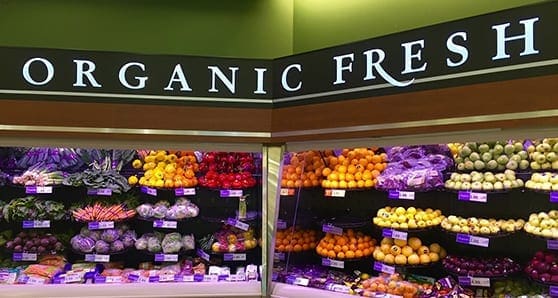 Social media has given consumers a licence to manipulate the food industry. The result could be transformative.
Social media has given consumers a licence to manipulate the food industry. The result could be transformative.
Social licensing frames an organization’s ability to operate with the confidence that its activities are morally and socially legitimate to its stakeholders. And as the result of social media and the licence it grants consumers, food systems are more than ever controlled by a triumvirate of industry, government and consumers.
Look no further than how, through social media, consumers acted fiercely recently to protect their rights and values: the response to cauliflower prices rising to $8, the French’s ketchup kerfuffle and the battle over beef sourcing at Earls Kitchen and Bar. In each instance, consumers become the CEOs of food systems when they perceived breaches in the inherent social licence. (Never mind that they may have acted based on imperfect information.)
This revolution can bring more attention to critical, underemphasized issues like failing food supply systems in northern communities, climate change mitigation and innovation in food.
But it is less clear what food-related values are important in the court of public opinion. Food, consumed every day, is profoundly influenced by socio-economic factors. To identify specific common values is close to impossible. For example, while some believe animal welfare and organically-grown food are essential to our food systems, others simply do not.
In addition, access to real-time data makes the marketplace agile to the point of being fickle. Shared values can change almost daily.
Missing in the discussion is the notion that holding social licence means consumers can’t just dictate food industry trends; they also need to be accountable for their perspectives and behaviour. That means being fully informed and fair.
Also missing is the notion that some consumers are denied social licence by economic factors, particularly as prices move up. One group has the resources to recognize market failures and point out the industry’s breaches in social licensing. However, the have-not group is less able to express itself and is often forgotten. For them, food is a matter of necessity and the quest for a social licence by industry is inconsequential. Food origins, farm and processing practices are trivial matters – they simply need to be fed. That leads many Canadian consumers to feel completely disfranchised. They can’t fathom co-owning anything, let alone food systems.
Making Canada food secure is and should be imbedded in the process of social licensing for the industry. That means making food affordable and ensuring nutritional value is a priority.
For the time being, however, the food industry’s social licence revolution is uncharacteristically and unfortunately exclusive. But it presents an opportunity for stakeholders to make the industry more democratic, more accessible and relevant to the broader public.
Obviously, food consumers and the industry can make a difference by using their social licence relationship responsibly. But they must keep in mind that you can’t buy a social licence, you should have to acquire it the old fashioned way: by earning it.
Dr. Sylvain Charlebois is senior director of the agri-food analytics lab and a professor in food distribution and policy at Dalhousie University.
Sylvain is a Troy Media contributor. Why aren’t you?
The views, opinions and positions expressed by columnists and contributors are the author’s alone. They do not inherently or expressly reflect the views, opinions and/or positions of our publication.


